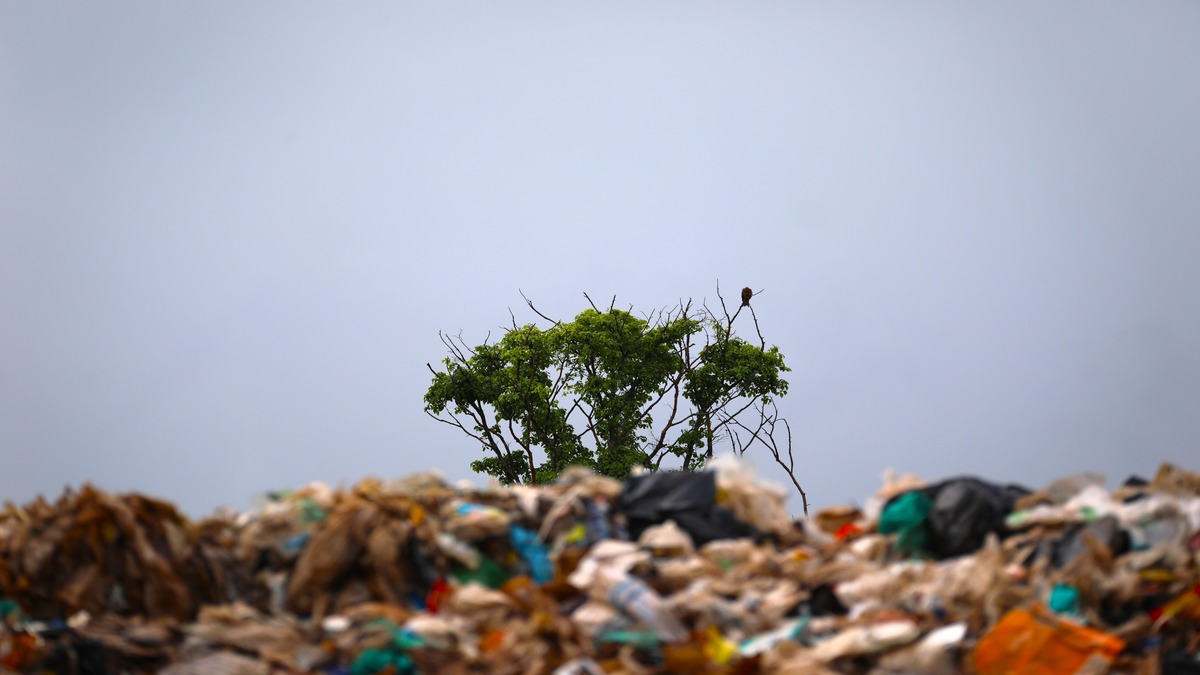
Background
The unsustainable nature of linear economic models in a world with finite resources has become evident and has fueled a shift towards circular economies. While discussion and circular economy efforts are closely connected to the national level, a transition towards a more resource efficient and circular economy has broad linkages with international trade. The circular economy may affect international trade patterns at multiple stages of a product's life: the extraction of raw materials, design and production, distribution and marketing, the sale of used goods or components, the recycling of end-of-life products, the movement of waste materials, and the growth of related services and new circular business models. International cooperation on circular economy value chains could be explored for possible harmonization of quality standards of materials, promoting demand for sustainable and secondary raw materials, to remove unnecessary regulatory barriers, avoid environmentally harmful activities, and to create demands for green jobs.
Although circular economy implementation promises to decouple growth from irreversible environmental harm, certain areas encounter complexities that could create unintended negative consequences that needed to be addressed if global circular economy is to be made
equitable and fair across the border—one of the issues is on how we govern how waste is traded. In terms of trade in waste, imports by non-OECD countries declined by 9% between 2021 and 2022, from 2.2 Mt to 2.0 Mt. However, non-OECD countries, notably in the Southeast Asia region, remain among the largest importers of plastic waste and scrap.
Circular economy gives many new opportunities to source materials for production and consumption, extending the lives of current materials in the value chains. For circularity to grow, technical barriers should be removed through mutual recognition or harmonization of standards. Traceability is also important while also encouraged through facilitation measures. The awareness and capacity along the value chains is needed to ensure the circular trade is carried in a sustainable manner and create a fair pathway for the different strata in societies and across countries. With over 715 policies, regulations or plans directly related to circularity implementation in the world as of 2024, some multi- stakeholder platforms have been formed to create the ecosystem for circular economy overcoming the challenges.
Objectives
This discussion aims to:
1) Discuss challenges and opportunities on building international circular value chains, from the words of practitioners;
2) Identify how trade and enablers of circular products and materials should be facilitated and monitored; and
3) Identify what role can international and multi-stakeholder cooperation play to induce standardization, digitalization, and innovation in promoting circular economy at the regional and global levels.
Programme
Thematic Session: Developing Pathway for Circular Economy: Enhancing Collaboration to Strengthen Global Circular Value Chains
Moderator: Mr. Henrique Pacini, Economic Affairs Officer and SMEP Programme lead, UNCTAD
Panellists:
Mr. Shunta Yamaguchi, Policy Analyst of the Environment and Economy Integration Division, OECD
Mr. Erik Wijkström, Director, Head of Technical Barriers to Trade in the WTO Trade and Environment Division, WTO
Mr. Adrian T.H. Kuah, International Expert, Capacity Development for International Organization for Standardization (ISO)
Ms. Latifahaida Abdul Latif, Head of Department/ Assistant Director of the Analysis and Monitoring on Finance & Socio-Economic Division ASEAN Secretariat
Ms. Vivi Yulaswati, Deputy of Maritime and Natural Resources, Ministry of National Development Planning/Bappenas, Indonesia
Mr. Bijaksana Junerosano, Co-Founder and CEO Waste4Change


